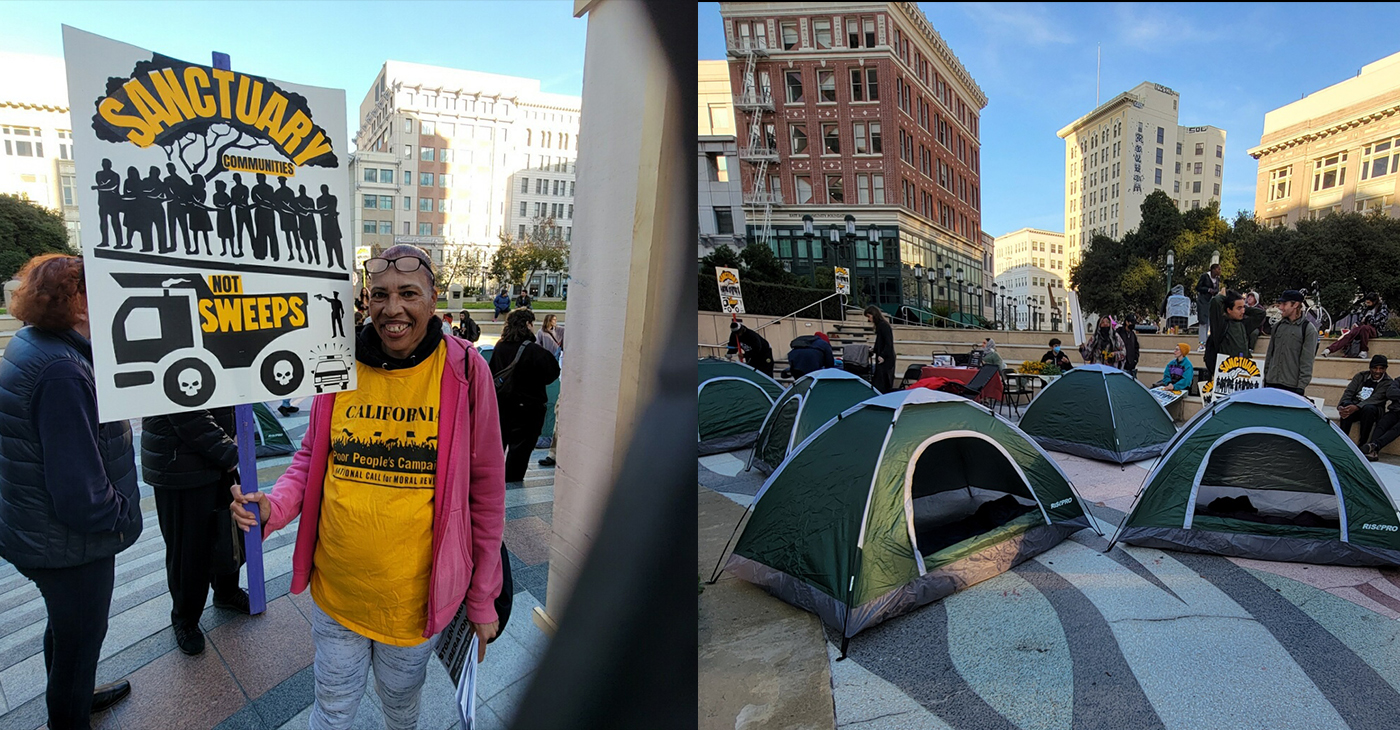Politics
Frustrated Republicans Taste Limits of Majority Control

House Speaker John Boehner of Ohio speaks during a news conference on Capitol Hill in Washington, Thursday, Feb. 12, 2015. Boehner refused to rule out a potential shutdown at the Department of Homeland Security because of a congressional impasse over funding. (AP Photo/Molly Riley)
ERICA WERNER, Associated Press
WASHINGTON (AP) — It wasn’t supposed to be like this for Republicans. A month into their control of both chambers of Congress, they are confronting the very real possibility of a shutdown of the Homeland Security Department later this month.
Instead of advancing a conservative agenda and showing voters they can govern, the GOP has been unable to overcome Senate Democrats’ stalling tactics in a dispute over immigration.
“I suppose elections have consequences except in the United States Senate,” complained GOP Rep. Mick Mulvaney of South Carolina, summing up the frustration for many House Republicans. “Tell me how it would be different if Harry Reid were still running the place,” he added, naming the Senate Democratic leader who was booted into the minority in November’s midterm elections.
Although their party is now setting the floor schedule and calling hearings, Republicans are finding to their chagrin that important things haven’t changed from when they were in the Senate minority.
Republicans are six votes short of the 60 needed to advance most legislation, and Senate rules grant numerous rights to the minority party. That means if Democrats remain united, they have the ability to block GOP bills just as they did while in the majority.
Democrats have been united against House-passed legislation funding the Homeland Security Department through September, the end of the budget year, while also rolling back President Barack Obama’s executive policies on immigration.
As a result Congress appears to be at a stalemate on the issue, leaving Republicans with only a few options: pass a short-term extension of current funding levels, fold and strip the immigration language opposed by Democrats from the bill, or let the Homeland Security Department run out of money when current funding expires Feb. 27.
They’re all bad options from the GOP perspective. A short-term extension just pushes the problem to a later date. Removing the immigration language would amount to a bitter admission of defeat after Republicans have spent months accusing Obama of an unconstitutional power grab for limiting deportations for millions in the U.S. illegally. That’s left Republicans staring down the third possibility: a shutdown of the Homeland Security Department.
It’s something most say they want to avoid, but on Thursday House Speaker John Boehner refused to rule the possibility out, insisting instead that Senate Democrats should get the blame if it happens.
“If funding for Homeland Security lapses, Washington Democrats are gonna bear the responsibility,” the Ohio Republican said. “Senate Democrats should stop blocking debate on the House-passed bill.”
Some House conservatives go farther, arguing that a shutdown would hardly be calamitous because the large majority of department personnel would be deemed essential and report to work, though most would not get paid until after the shutdown ends.
“Look at the last shutdown — 85 to 90 percent of the personnel from DHS all came to work and they all got paid” eventually, said Rep. Matt Salmon, R-Ariz. “As much as both sides don’t want that to happen it is always a possibility.”
Another lesson from the last shutdown, which happened in the fall of 2013 in a failed attempt to unwind Obama’s health care law: Republicans get blamed. Even while insisting Senate Democrats are the ones courting a shutdown, many Republicans acknowledge they may have a hard time selling that idea to the public given that they control both chambers of Congress.
The predicament is so frustrating to House Republicans that some conservatives have begun advocating changing Senate rules to limit the use of the filibuster, an idea several Senate Republicans have already dismissed. For many, the fear is that their deadlock over the Homeland Security bill is merely a taste of things to come for the next two years.
Although Republicans were successful in clearing a bill authorizing the Keystone XL oil pipeline, setting up an Obama veto, many say that was a relatively easy lift that could stand as the exception rather than the rule in the months of divided government to come.
“Now we have the Senate and so our constituents think ‘now you can stop Obama’. Well we don’t have 60,” said Rep. Tom Rooney, R-Fla. “Honestly it’s going to continue to frustrate not only our side but the people who elected us that nothing is going to change until we get a new president.”
___
Follow Erica Werner at http://twitter.com/ericawerner
Copyright 2015 The Associated Press. All rights reserved. This material may not be published, broadcast, rewritten or redistributed.
Activism
Oakland Post: Week of December 25 – 31, 2024
The printed Weekly Edition of the Oakland Post: Week of December 25 – 31, 2024

To enlarge your view of this issue, use the slider, magnifying glass icon or full page icon in the lower right corner of the browser window. ![]()
Alameda County
Last City Council Meeting of the Year Ends on Sour Note with Big Budget Cuts
In a five to one vote, with Councilmembers Carroll Fife and Janani Ramachandran excused, the council passed a plan aimed at balancing the $130 million deficit the city is facing. Noel Gallo voted against the plan, previously citing concerns over public safety cuts, while Nikki Fortunato-Bas, Treva Reid, Rebecca Kaplan, Kevin Jenkins, and Dan Kalb voted in agreement with the plan.

By Magaly Muñoz
In the last lengthy Tuesday meeting of the Oakland City Council for 2024, residents expressed strong opposition to the much needed budget cuts before a change in leadership was finalized with the certification of election results.
In a five to one vote, with Councilmembers Carroll Fife and Janani Ramachandran excused, the council passed a plan aimed at balancing the $130 million deficit the city is facing. Noel Gallo voted against the plan, previously citing concerns over public safety cuts, while Nikki Fortunato-Bas, Treva Reid, Rebecca Kaplan, Kevin Jenkins, and Dan Kalb voted in agreement with the plan.
Oakland police and fire departments, the ambassador program, and city arts and culture will all see significant cuts over the course of two phases.
Phase 1 will eliminate two police academies, brown out two fire stations, eliminate the ambassador program, and reduce police overtime by nearly $25 million. These, with several other cuts across departments, aim to save the city $60 million. In addition, the council simultaneously approved to transfer restricted funds into its general purpose fund, amounting to over $40 million.
Phase 2 includes additional fire station brownouts and the elimination of 91 jobs, aiming to recover almost $16 million in order to balance the rest of the budget.
Several organizations and residents spoke out at the meeting in hopes of swaying the council to not make cuts to their programs.
East Oakland Senior Center volunteers and members, and homeless advocates, filled the plaza just outside of City Hall with rallies to show their disapproval of the new budget plan. Senior residents told the council to “remember that you’ll get old too” and that disturbing their resources will only bring problems for an already struggling community.
While city staff announced that there would not be complete cuts to senior center facilities, there would be significant reductions to staff and possibly inter-program services down the line.
Exiting council member and interim mayor Bas told the public that she is still hopeful that the one-time $125 million Coliseum sale deal will proceed in the near future so that the city would not have to continue with drastic cuts. The deal was intended to save the city for fiscal year 2024-25, but a hold up at the county level has paused any progress and therefore millions of dollars in funds Oakland desperately needs.
The Coliseum sale has been a contentious one. Residents and city leaders were originally against using the deal as a way to balance the budget, citing doubts about the sellers, the African American Sports and Entertainment Group’s (AASEG), ability to complete the deal. Council members Reid, Ramachandran, and Gallo have called several emergency meetings to understand where the first installments of the sale are, with little to no answers.
Bas added that as the new Alameda County Supervisor for D5, a position she starts in a few weeks, she will do everything in her power to push the Coliseum sale along.
The city is also considering a sales tax measure to put on the special election ballot on April 15, 2025, which will also serve as an election to fill the now vacant D2 and mayor positions. The tax increase would raise approximately $29 million annually for Oakland, allowing the city to gain much-needed revenue for the next two-year budget.
The council will discuss the possible sales tax measure on January 9.
Activism
Protesters Gather in Oakland, Other City Halls, to Halt Encampment Sweeps
The coordinated protests on Tuesday in San Francisco, Oakland, Vallejo, Fresno, Los Angeles and Seattle, were hosted by Poor Magazine and Wood Street Commons, calling on cities to halt the sweeps and focus instead on building more housing.

By Post Staff
Houseless rights advocates gathered in Oakland, San Francisco, Los Angeles, and other city halls across California and Washington state this week protesting increased sweeps that followed a U.S. Supreme Court decision over the summer.
The coordinated protests on Tuesday in San Francisco, Oakland, Vallejo, Fresno, Los Angeles and Seattle, were hosted by Poor Magazine and Wood Street Commons, calling on cities to halt the sweeps and focus instead on building more housing.
“What we’re dealing with right now is a way to criminalize people who are dealing with poverty, who are not able to afford rent,” said rights advocate Junebug Kealoh, outside San Francisco City Hall.
“When someone is constantly swept, they are just shuffled and things get taken — it’s hard to stay on top of anything,” said Kealoh.
Local houseless advocates include Victoria King, who is a member of the coordinating committee of the California Poor People’s Campaign. She and Dr. Monica Cross co-chair the Laney Poor People’s Campaign.
The demonstrations came after a June Supreme Court ruling expanded local governments’ authority to fine and jail people for sleeping outside, even if no shelter is available. Gov. Gavin Newsom in California followed up with an order directing state agencies to crack down on encampments and urging local governments to do the same.
Fresno, Berkeley and a host of other cities implemented new rules, making it easier for local governments to clear sidewalk camps. In other cities, such as San Francisco, officials more aggressively enforced anti-camping laws already on the books.
-

 Activism4 weeks ago
Activism4 weeks agoOakland Post: Week of November 27 – December 3, 2024
-

 Activism2 weeks ago
Activism2 weeks agoButler, Lee Celebrate Passage of Bill to Honor Congresswoman Shirley Chisholm with Congressional Gold Medal
-

 Activism2 weeks ago
Activism2 weeks agoPost News Group to Host Second Town Hall on Racism, Hate Crimes
-

 Activism2 weeks ago
Activism2 weeks agoDelta Sigma Theta Alumnae Chapters Host World AIDS Day Event
-

 Business2 weeks ago
Business2 weeks agoLandlords Are Using AI to Raise Rents — And California Cities Are Leading the Pushback
-

 Activism3 weeks ago
Activism3 weeks agoOakland Post: Week of December 4 – 10, 2024
-

 Activism2 weeks ago
Activism2 weeks agoOakland Post: Week of December 11 – 17, 2024
-

 Arts and Culture1 week ago
Arts and Culture1 week agoPromise Marks Performs Songs of Etta James in One-Woman Show, “A Sunday Kind of Love” at the Black Repertory Theater in Berkeley




























































